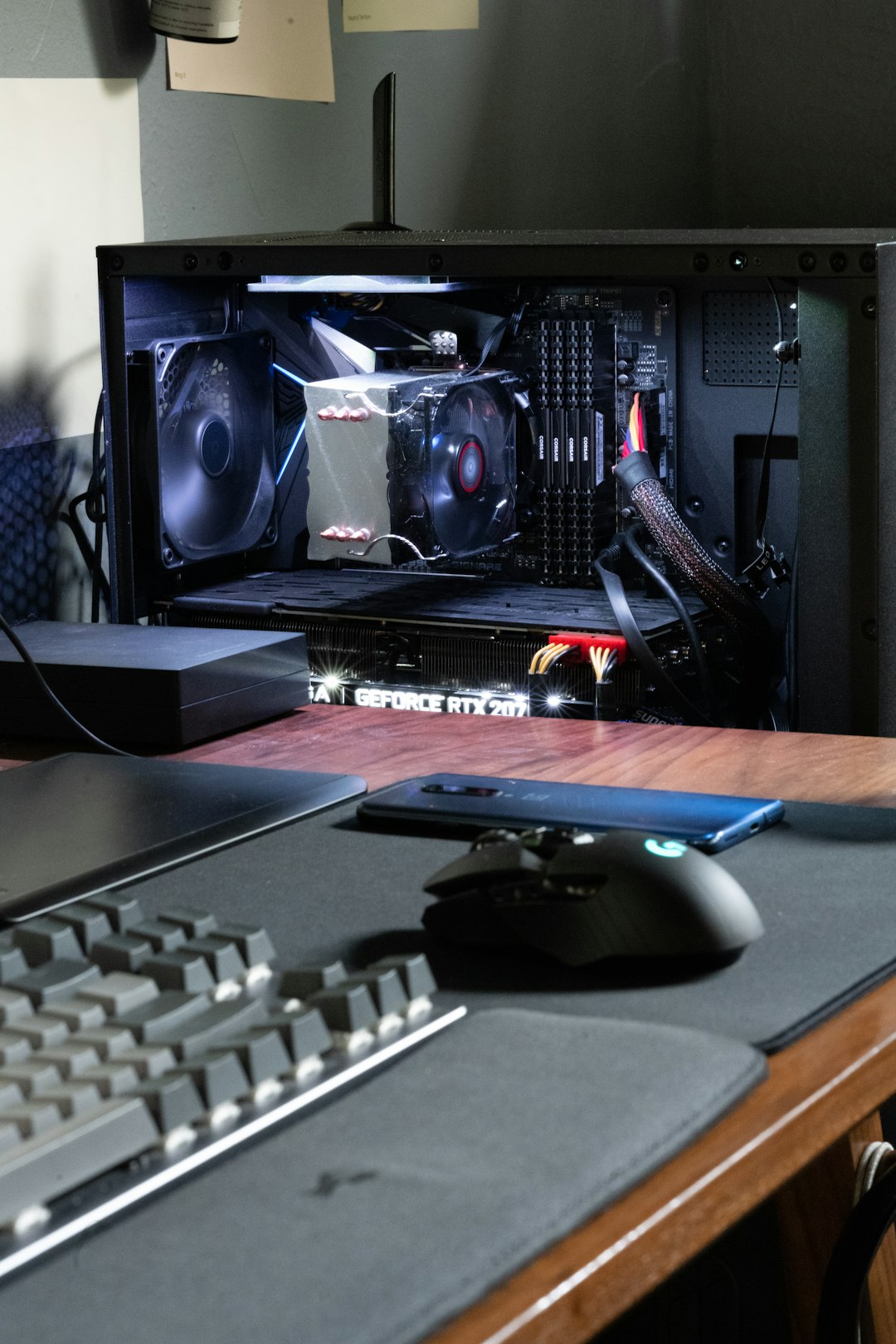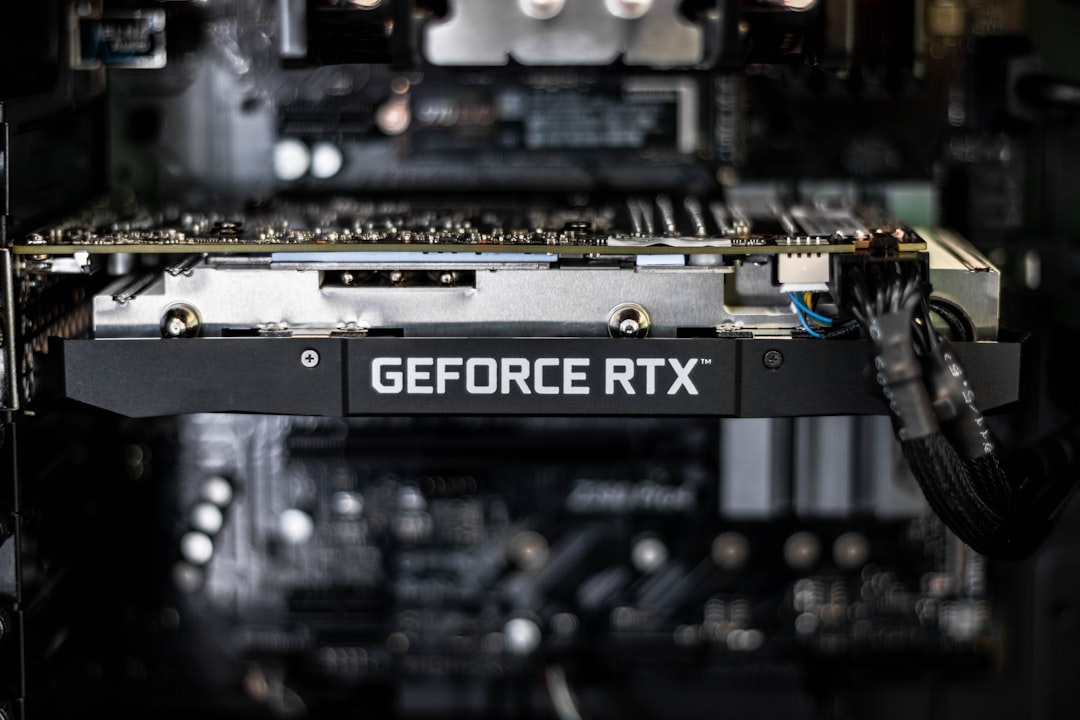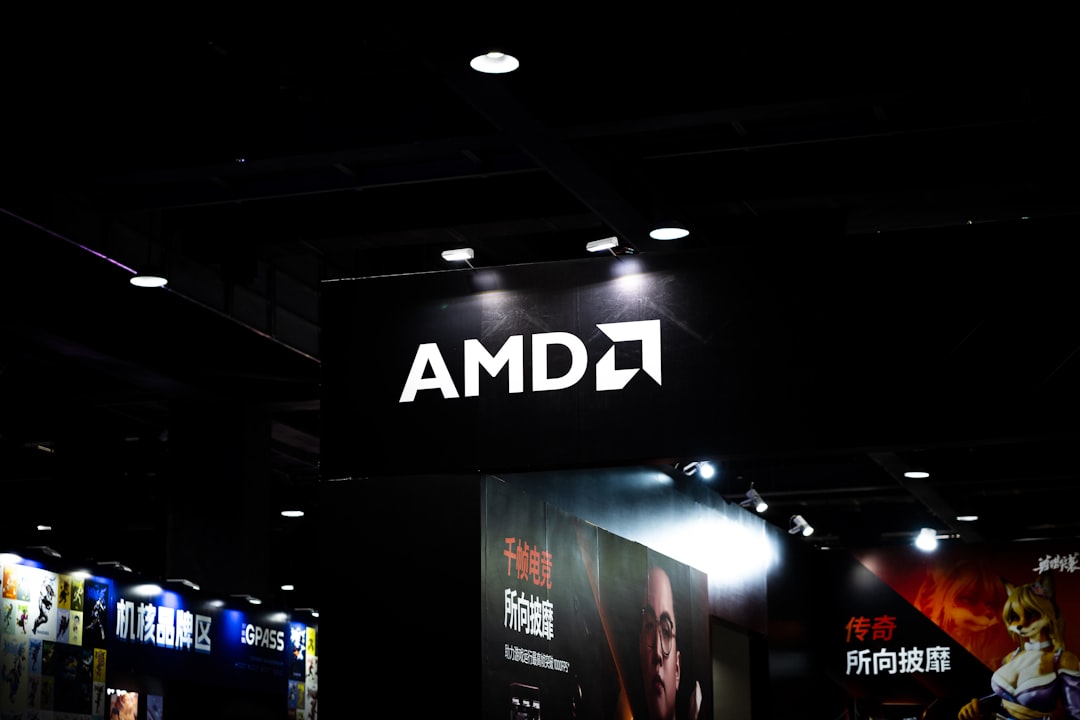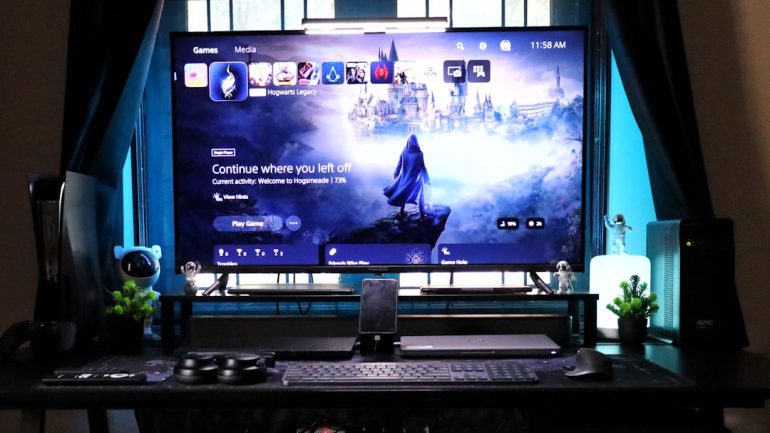RTX 5070 vs RTX 3070: Upgrade Math
The GPU market is always evolving, and with the release of the RTX 5070, many gamers and PC enthusiasts find themselves wondering whether it’s worth upgrading from their trusty RTX 3070. With increased performance, better AI support, and power efficiency improvements, the RTX 5070 presses forward into the new generation of graphics processing. But how much better is it really—and is it worth your hard-earned money?
TLDR: Should You Upgrade?
Table of Contents
If you’re currently using an RTX 3070 and primarily gaming at 1080p or 1440p, the RTX 5070 brings noticeable performance boosts—especially for ray tracing and DLSS 3.5 features. You’ll see smoother gameplay, better energy efficiency, and more headroom for next-gen gaming. However, pricing and diminishing returns could make it more sensible to wait or aim higher like an RTX 5080, depending on your needs. For new buyers, the 5070 is an obvious choice; for upgraders, it depends on your performance expectations and budget.
Generational Overview: RTX 5070 vs RTX 3070
Let’s begin with the general specs comparison that underlines the shift from the Ampere to the Ada Lovelace architecture (assuming the RTX 5070 maintains the Ada architecture like its 50-series siblings):
- Architecture: Ampere (3070) vs. Ada Lovelace (5070)
- CUDA Cores: ~5888 (3070) vs. estimated ~7680 (5070)
- Ray Tracing Cores: 2nd-gen vs. 3rd-gen
- Tensor Cores: 3rd-gen vs. 4th-gen
- Memory: 8GB GDDR6 vs. 12GB GDDR6X (estimated for 5070)
- Power Draw: ~220W vs. ~200W (more efficient despite better performance)
From the spec sheet alone, the 5070 isn’t just a minor refresh—it offers a more modern core with support for new technologies like DLSS 3.5, enhanced frame generation, better ray tracing capabilities, and more efficient performance-per-watt.

Performance Gains
The most significant improvement you’re likely to notice with the RTX 5070 is in games that make heavy use of ray tracing and DLSS. Benchmarks show that the RTX 5070 can outperform the RTX 3070 by anywhere between 30% and 50% depending on the game and resolution.
Here’s how it typically breaks down:
- 1080p: Gains of 20-30%, mostly in ray-traced titles
- 1440p: Gains of 30-40%, with better 1% lows and smoother experience
- 4K: Gains of 15-25%, constrained more by memory bandwidth and VRAM
It’s also worth noting that the RTX 5070 benefits heavily from Frame Generation (DLSS 3.5), which the 3070 does not support. In games that support this technology, the performance gap becomes even wider—not because of raw power, but due to new software-based advantages.
DLSS and AI Features
The transition from DLSS 2.x to DLSS 3.5 is a game-changer, especially as games start pushing more realistic lighting and physics. The RTX 5070 supports AI-driven frame generation, something that gives it a whole other layer of performance leeway in modern titles like Cyberpunk 2077 and Alan Wake 2.
While the RTX 3070 does a decent job with DLSS 2.0, it’s completely locked out of the latest frame-generation tech. This means that even in scenarios where FPS seems reasonably close on paper, the 5070 can feel far smoother and more consistent—especially in complex scenes.

Power Efficiency and Thermals
NVIDIA has made strides in making their newer GPUs more efficient. The RTX 5070, despite its performance gains, typically consumes less power under load compared to the RTX 3070. This is thanks to its smaller fabrication node (likely TSMC’s 4N process), better architecture, and improved logic design.
Benefits of better power efficiency:
- Lower overall heat, meaning quieter cooling solutions
- Less strain on your PSU and other components
- Better performance per watt, lowering long-term costs and environmental impact
For those with smaller cases or thermally-sensitive builds, this could tip the scales entirely in favor of the 5070.
Current and Projected Pricing
One of the most complex parts of the upgrade math is figuring out the cost-to-value ratio. Here’s where things stand at the time of writing:
- RTX 3070: ~$400 USD (used or discounted new)
- RTX 5070: ~$600 USD (projected MSRP)
Given the performance gains of ~30-40% in actual use-cases, the price increase of 50% may or may not feel worth it depending on your existing setup and needs. If already on a 3070, upgrading to a 5070 might not deliver the “double the performance” feeling that many buyers are hoping for.
Who Should Upgrade?
Here’s a breakdown based on different user profiles:
- 1080p Gamers: RTX 3070 still holds strong. No urgent need to upgrade unless you want ultra ray tracing and future proofing.
- 1440p Enthusiasts: Upgrade is more justifiable due to new DLSS features and smoother performance in demanding titles.
- 4K Gamers: You may be better off saving for an RTX 5080 or 5090. Both the 3070 and 5070 are somewhat limited at 4K UHD.
- Content Creators: The improved AI and encoding capabilities of the 5070 benefit workloads like video rendering and AI acceleration.
Future-Proofing and Compatibility
Software support and driver updates for older GPUs tend to plateau over time. With the RTX 5070, you’ll likely get:
- Longer driver and feature support (especially related to AI and RTX Studio tools)
- Access to newer SDKs, APIs, and game optimizations
- Support for PCIe 4.0 and potential for future-forward integrations
This makes the RTX 5070 a far more “future-ready” card, especially if you’re planning to hold onto your next GPU for 4-5 years.

Conclusion: Is the RTX 5070 Worth the Upgrade?
In pure numerical terms, the RTX 5070 offers around 35% better performance than the RTX 3070, with significant boosts in ray tracing and AI-accelerated features. It’s quieter, cooler, more efficient, and more capable of handling next-generation games.
However, this comes with a noticeably higher price tag. If you’re already enjoying smooth gameplay with your RTX 3070 at 1440p, the upgrade might not feel essential—though it does open doors to new technologies and better future-proofing. On the other hand, for new PC builds or those needing a solid power boost, the 5070 hits a sweet spot in the performance-to-power-consumption trade-off.
In the end, it’s not just about raw power—it’s about how much you value smoother visuals, future support, and quieter operation. If those items sit high on your priority list, the RTX 5070 earns its place in your next upgrade.






